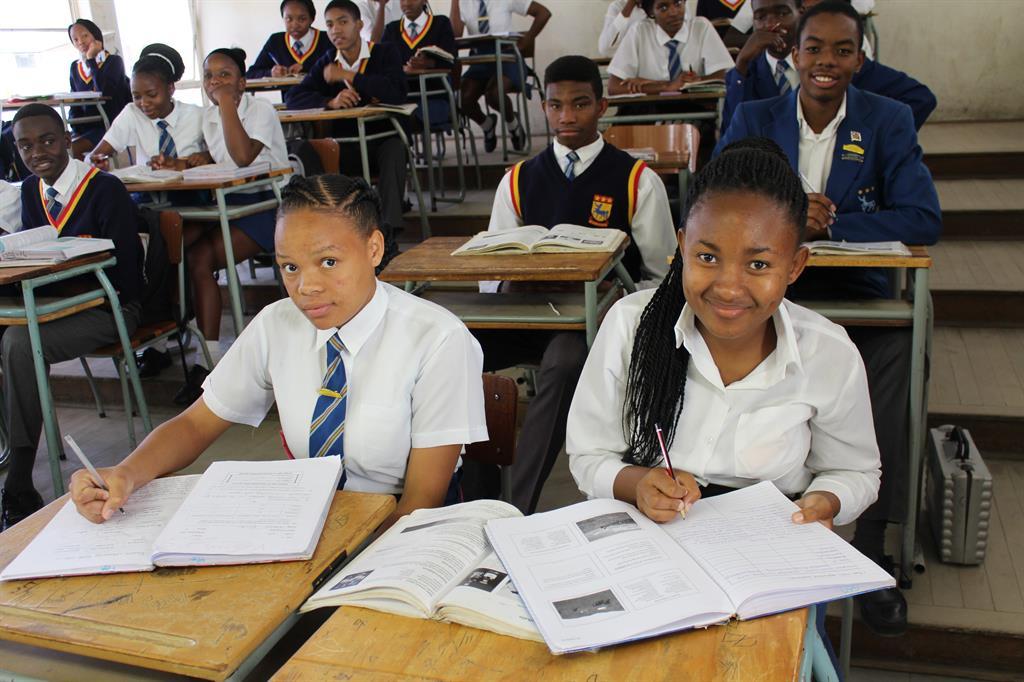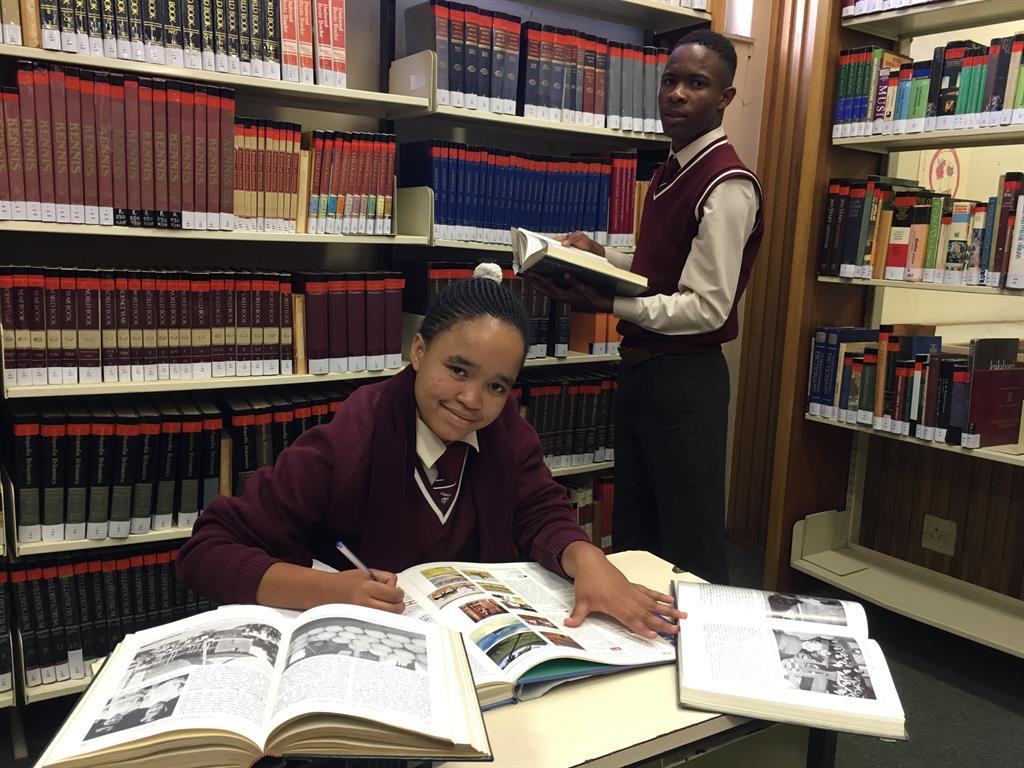August mid-term break for teachers and learners
Schools across the country are directed to ensure that continued learning takes place for assessment and promotion purposes.
Justicia Shipena With face-to-face teaching and learning suspended for 28 days for pre-primary to grade nine learners, the education ministry has set out guidelines for all public and private schools across the country.
The guidelines also involve the resumption of face-to-face education for grades 10 to 12.
In a statement issued on Wednesday, education executive director Sanet Steenkamp said the suspension of face-to-face education is not a school holiday or a total school closure.
Steenkamp said learners are to continue to be engaged with academic work that will be used for assessment, and teachers must continue to report for duty.
Work booklets
According to her, pre-primary teachers should prepare work booklets that focus on all the skills required for school readiness.
“These work booklets should be structured to have equal daily work in line with the learning capacity of the learners. Completed work books must be submitted on a weekly basis and new work must be issued,” she said.
Like the pre-primary phase, teachers of grades one to seven should also prepare work booklets which are to focus on topics such as numeracy, literacy and environmental studies, amongst others, and are in line with the learning capacity of the learners and the rationalised curriculum.
“Completed work by learners will be assessed by teachers and count towards promotion of learners,” she said.
Steenkamp added that education for basic pre-vocational skills’ face-to-face teaching and learning will continue to enable learners to complete the year course that will qualify them for further admission to higher technical vocational centres.
With the resumption of face-to-face lessons, which begun last Monday for Grade 10, Steenkamp said schools may experience challenges in terms of implementing physical distancing and adhering to health protocols.
“The ministry guides schools to implement alternative or blended approaches in situations where a solution cannot be attained,” she said.
Mid-term break
She announced a mid-term break for all learners and teachers currently at schools is slated for 24 to 28 August.
“Learners who request to remain in the hostel should be allowed to do so with supervision, and meals must be provided.”
She added that parents and guardians should ensure their children complete their tasks and submit them to the respective schools.
“Parents should guarantee that he or she adhere strictly to the agreed upon timetables for pick-up and drop-off of the activities or assessment work for marking and feedback accordingly,” she said.
School’s responsibilities
Steenkamp further said schools are to develop weekly subject packages structured into daily activities for each subject, for each learner.
“The respective schools will come up with timetables that will indicate specific days and times parents must pick up and drop-off the activities for marking,” she said.
She said teachers are encouraged to strengthen communication networks with parents and guardians to address possible challenges experienced.
Steenkamp added that leaners should be marked as learning from home when there is evidence that materials have been collected and submitted to the school.
“Learners are marked as absent if there is no evidence of collecting of materials,” she said.
Meanwhile, schools and parents guilty of non-compliance of registration of children between ages seven to 16, as per Education Act 2001, will face a penalty, she said.
“If found guilty of the offence, it may attract a penalty of N$6 000 and imprisonment of two years or both,” she said.
Steenkamp also called on regional directorates to perform necessary supervision and monitoring of functions at schools.





Comments
My Zone
No comments have been left on this article